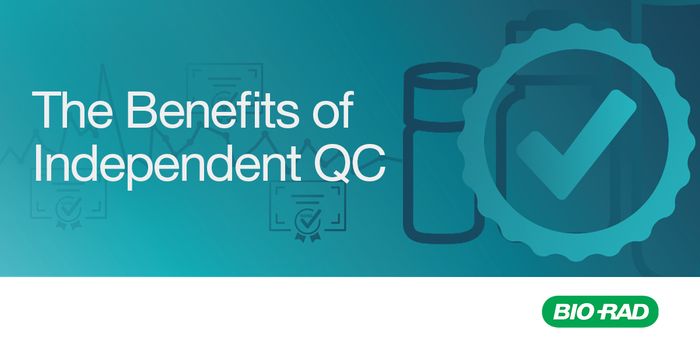Asking patients questions about their personal lives could predict their future risk of a heart attack. A study, published in the European Heart Journal, showed that factors beyond the scope of a patient’s charts — their employment status, family life, mental health, and level of physical activity, for example — are closely linked to their future health outcomes.
The authors have created a new predictive model that has the potential to be transformative. Individuals who need to go on preventative drugs such as statins can be identified earlier, thus reducing their risk of developing cardiovascular problems. Compared to the current SCORE model, the authors estimate that up to half a million people in Eastern European countries could benefit.
In the study, data spanning a decade from 20,000 participants from across Europe was analyzed. Researchers made connections between survey responses and clinical outcomes. Prediction models were also compared to determined whether SCORE, or the newly-developed HAPIEE-SCORE, was more accurate at highlighting patients most at risk of heart disease. The HAPIEE-SCORE was found to be much more powerful, with higher levels of predictive accuracy.
"Our study suggests that in terms of risk prediction, simple questionnaire measures on behavioral and psychosocial factors may be as informative as established biomedical risk factors such as blood pressure and cholesterol,” said Taavi Tillmann, study author from the University of College London.
“This means that in England, conversations about such topics may become a routine part of the one million health checks that already take place in general practices every year. Secondly, this discovery may allow some people to undertake sophisticated health checks fully online without leaving their house at all, which is well-timed given the ongoing risks of COVID-19."
The HAPIEE-SCORE model shows just how important psychosocial factors are for determining a patient’s overall wellbeing. With the help of these new validated risk prediction algorithms, physicians now have the ability to change patients’ lives.
Sources: European Heart Journal, Medical Xpress.









